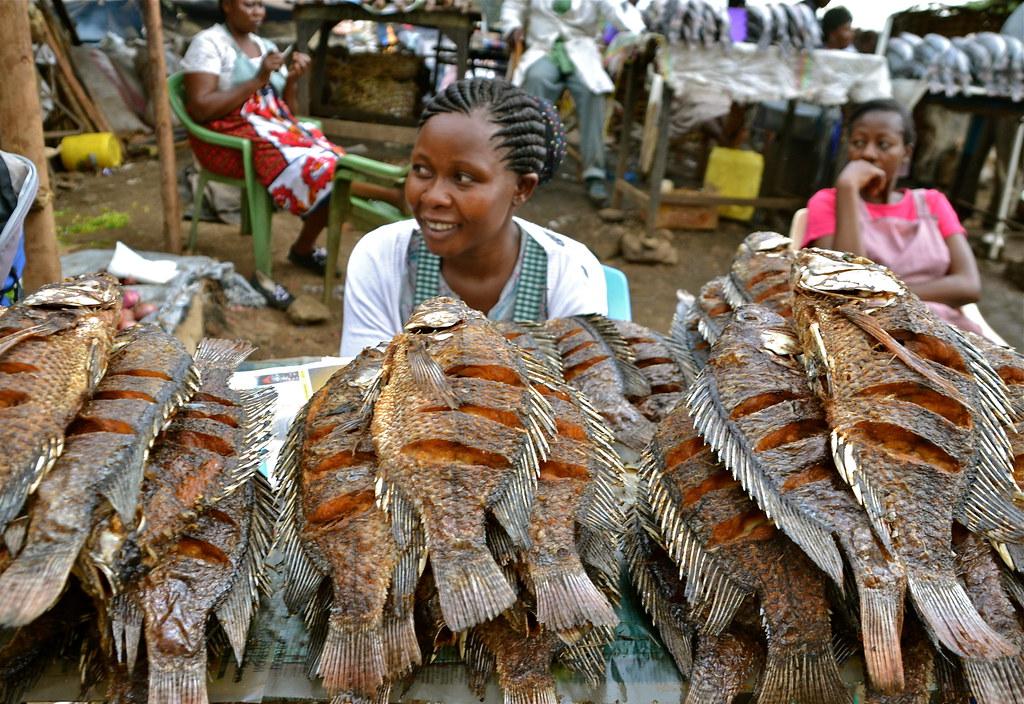 |
| How will people in urban areas access food if open-air markets are banned? What will happen Credit: C.Schubert |
Food supplies shouldn’t be too badly affected, but social restrictions will make it hard for many to buy and access food. - extracts of the article
Will COVID-19 directly affect food supplies?
- There’s no particular reason to expect Africa’s food supplies to be significantly affected as a direct result of the pandemic.
- If food security does become a concern, governments and donors may suspend their drive to integrate small-scale farmers into global supply chains and prioritise the provision of local markets instead.
- In some rural areas, foraging and wild food collection is an important source of dietary diversity. While some people have suggested that certain wild species (e.g. bats and pangolins) were the source of COVID-19, it is important not to demonise foraged foods and consider the broader structural forces that have led to habitat destruction and more frequent interactions between humans and wildlife.
Will it affect Africa’s food producers?
What about people’s ability to buy food?- This may be more of a concern, though it is difficult to predict exactly what effects will be seen.
- Women are also often responsible for the care of children, the sick and elderly. This means they could have increased exposure to COVID-19 with knock-on implications for food production, food preparation and child nutrition.
- It is also the case that farmers tend to be older than average. Africa has a youthful population, but young people tend to be less interested in agriculture and more likely to migrate to urban areas. This leaves a slightly older farming population that could be more vulnerable to the coronavirus. This will be particularly true of people whose immune systems are compromised by HIV/AIDS.
- This may be a more immediate concern and will depend somewhat on the kinds of policies and restrictions governments put in place.
- Many people in urban areas already face poverty and struggle to get food. Under COVID-19, these difficulties will increase. The very poorest often depend on casual labour in the informal sector to get by, jobs that will not be possible under conditions of a lockdown or enforced social distancing.
What needs to be done?
- When it comes to maintaining food systems during the pandemic, Africa may have some advantages over other parts of the world such as its relatively younger workforce and more robust urban and small-scale agriculture.
- Nonetheless, it will certainly face significant challenges in the coming months that will require thoughtful attention from policymakers.

No comments:
Post a Comment